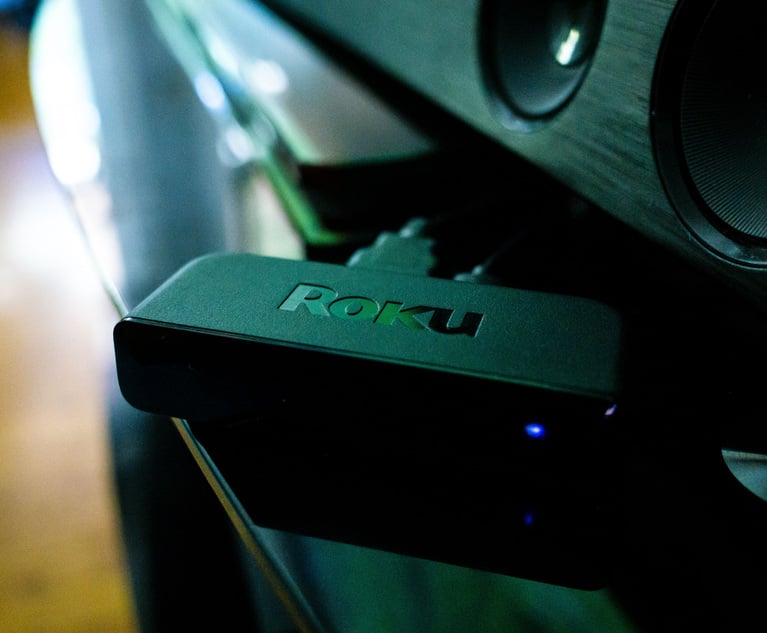This article appeared in The Intellectual Property Strategist, an ALM/Law Journal Newsletters publication that provides a practical source of both business and litigation tactics in the fast-changing area of intellectual property law, including litigating IP rights, patent damages, venue and infringement issues, inter partes review, trademarks on social media – and more.
Since the Supreme Court’s landmark decision in Mayo Collaborative Services et al. v. Prometheus Laboratories, Inc., 566 U.S. 66 (2012), the lower courts have repeatedly found patent claims for medical diagnostic methods to be ineligible for patenting under 35 U.S.C §101. In Mayo, the Supreme Court held that a claim for correlating levels of a drug metabolite in a patient’s blood to drug efficacy was not patent eligible under §101, because the claim at issue merely recited a law of nature — one of the judicial exceptions to patent eligible subject matter under §101.








